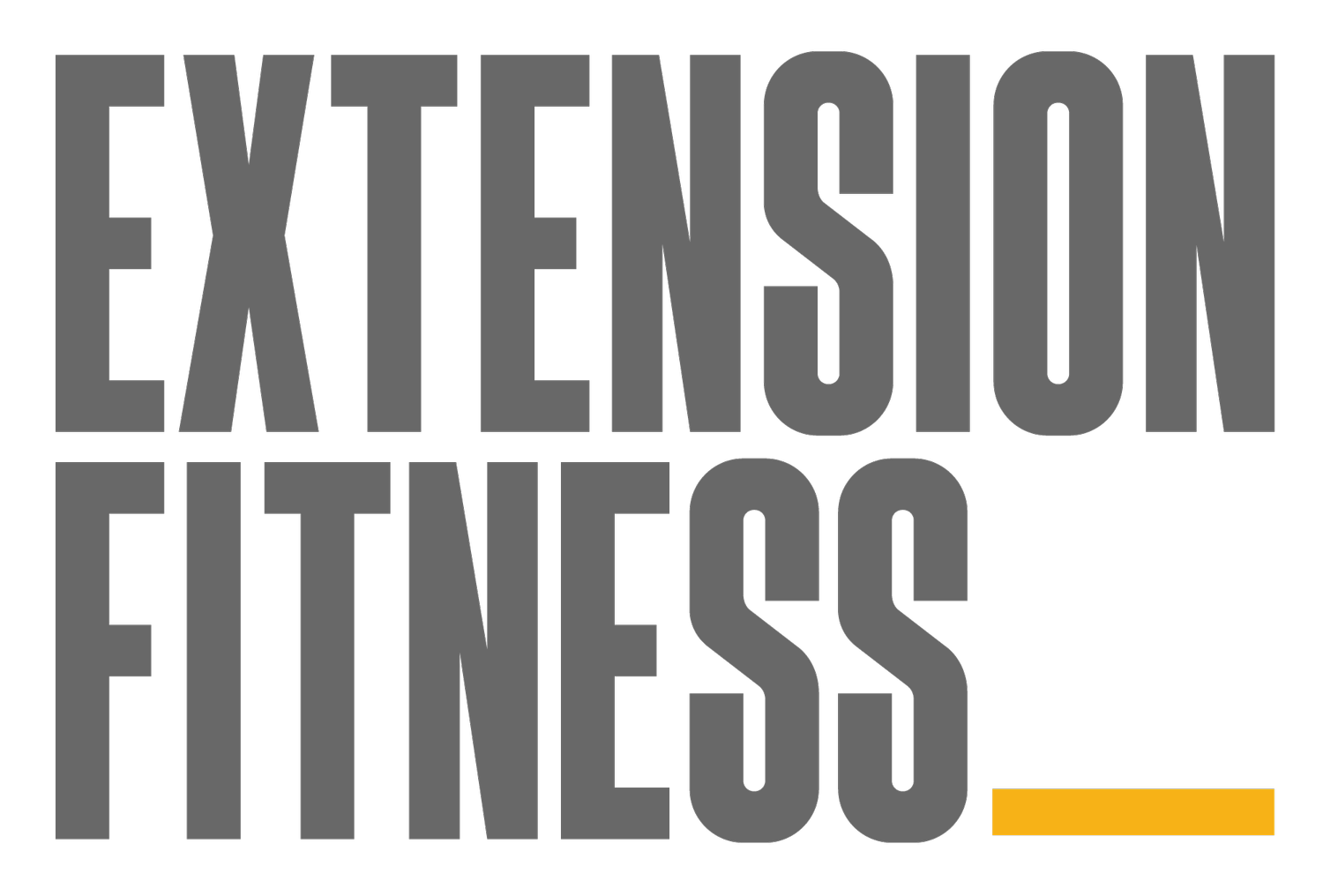Learning to belly breathe
You may have heard of these phrases - “belly breathing”, “diaphragmatic breathing”, and ”paced respiration”.
These all refer to breathing techniques used to promote relaxation and reduce stress through slowing your respiration rate and accentuating the action of your diaphragm. It’s called “belly breathing” because, when practicing these techniques, you consciously relax your abdomen and allow your belly to swell with each inhalation. This preferences the action of the diaphragm in expanding your thorax as opposed to your upper chest. It’s also called “paced respiration” because, when using these techniques, you deliberately slow down your respiration rate to a pre-defined frequency, e.g. breathe in for five seconds, hold for two seconds, breath out for five seconds, hold for two seconds.
It may be worth your while to try out these techniques. At minimum, it’s a mostly pleasant experience for the duration of the session. At maximum, it could have positive general mental and physical health effects. Personally, I have found them useful as someone who’s inclined to being a little anxious and neurotic. The benefits I have experienced have been;
Getting to sleep more easily
Learning to de-escalate the effects of acute stress on my body
Using these techniques to ramp down panicky thoughts or overly aggressive responses to interpersonal conflict
I want to be straight up with you that I am unaware of whether these techniques have been found to be effective in the gold standard of evaluating health interventions - randomised controlled trials. I say this because I’m committed to The Slog Blog being a snake-oil free zone. There are a lot of people out there selling miracle cures or over-promising on all manner of treatments and interventions. This behaviour - put bluntly - is wrong. And the fact that healthcare is a business pursuit as well as being about ‘helping people’ is no justification for lying to clients. But what I’m doing here is informing you about something cheap and low risk, telling you to give it a go and, if you experience a benefit, exercise a little epistemic humility and don’t espouse it as a miracle cure. And, also, don’t assume the benefit you experienced was because you did the thing I’m suggesting. After all, the placebo effect is very much a real phenomenon of sometimes shockingly large magnitude.
How might these techniques work? What is the mechanism of action?
When you slow down your respiration rate and preference the action of your diaphragm, you change the way your autonomic nervous system functions, at least during the period of practice. The autonomic nervous system is responsible for the unconscious regulation of many bodily functions, for example heart rate or digestion. You can think of it as the “automatic” nervous system. Its broken down further into “sympathetic” (fight or flight) and “parasympathetic” (rest and digest) parts, as well as the “enteric” nervous system (the big brain in your stomach - true story). Note these divisions are classifications which are based more on how parts of the system behave, and don’t strictly reflect the anatomy, which is very intricate and intertwined.
When you slow down your breathing rate, you increase the activity in the parasympathetic (“rest and digest”) component of the autonomic nervous system. Stretch receptors in your lungs give feedback to the brain, which slows your heart rate when the respiration rate is lowered. The bottom line is: when you ramp up parasympathetic activity, you may ramp down the negative effects of too much stress. Put differently, you change the proportion of parasympathetic to sympathetic activity. Again, I’m not promising the effects necessarily persist beyond the time that you’re doing it. But it certainly feels good while you’re doing it!! And, if you’re a worry wart like me, this may help you out a little. Maybe even a lot? It’s great to be able to de-escalate your runaway respiration rate when you’re in crisis mode.
If you want practical guidance on how to actually do these techniques, check out here and here to get started.
And, finally, an interesting thought to ponder: Is it possible that our obsession with flat stomachs has contributed to the mental health quagmire we’re in via training us to breathe in a shallow fashion? And - in so doing - promote anxiety and therefore depression? It’s certainly not THE ONE CAUSE but it’s probably one of the many causes (plural).
